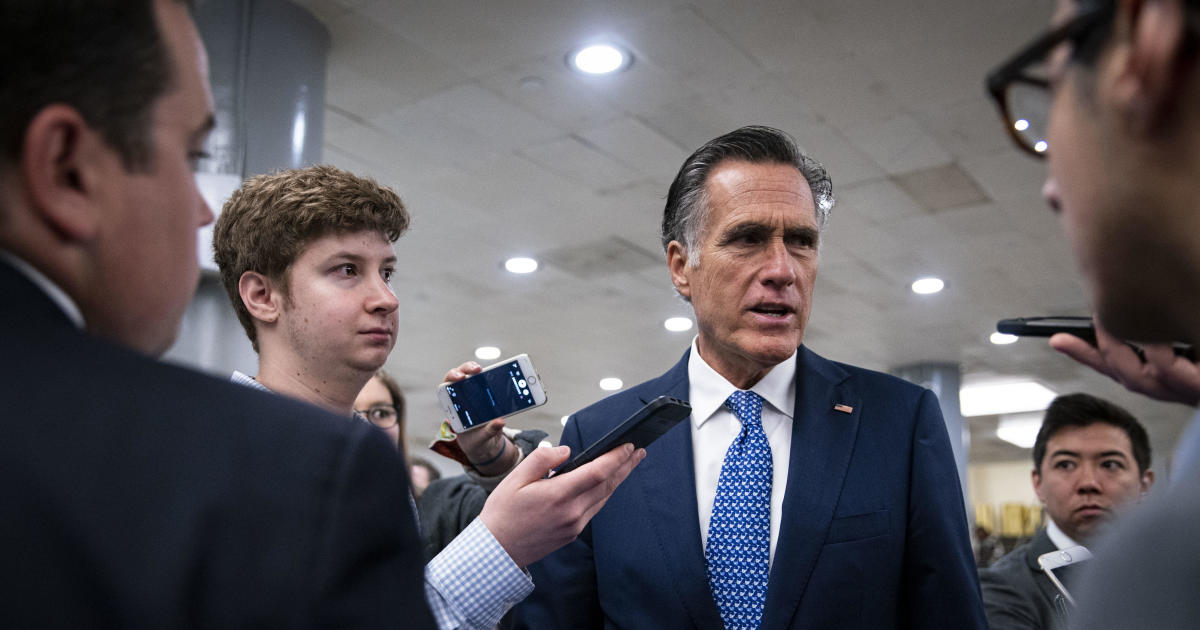
10 Republican senators agree to bipartisan infrastructure deal
CBSN
Ten Republican senators said Wednesday that they have agreed to an infrastructure deal crafted by a group of 20 senators from both parties, meaning that the Senate could advance a measure without resorting to the reconciliation process, which would allow the bill to pass without any Republican votes.
But it is unclear whether the measure will receive sufficient support from Democratic senators, who have raised concerns about funding for the bill and the exclusion of priorities such as climate-related infrastructure. "We support this bipartisan framework that provides an historic investment in our nation's core infrastructure needs without raising taxes. We look forward to working with our Republican and Democratic colleagues to develop legislation based on this framework to address America's critical infrastructure challenges," the group of 20 senators said in a statement. However, they did not release any details about the breakdown of the bill, or how it will be funded.More Related News
